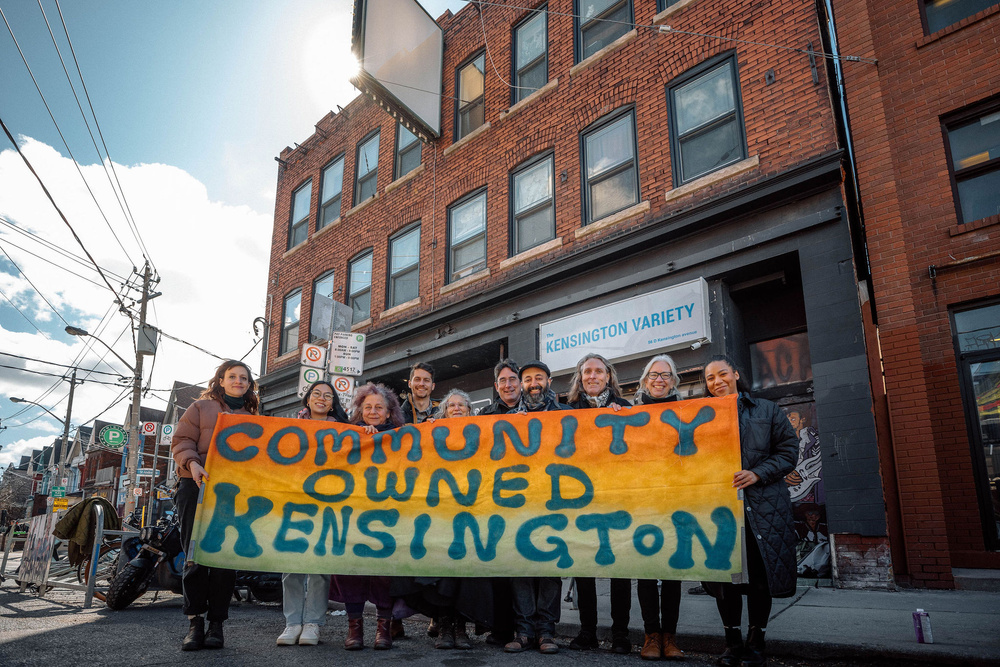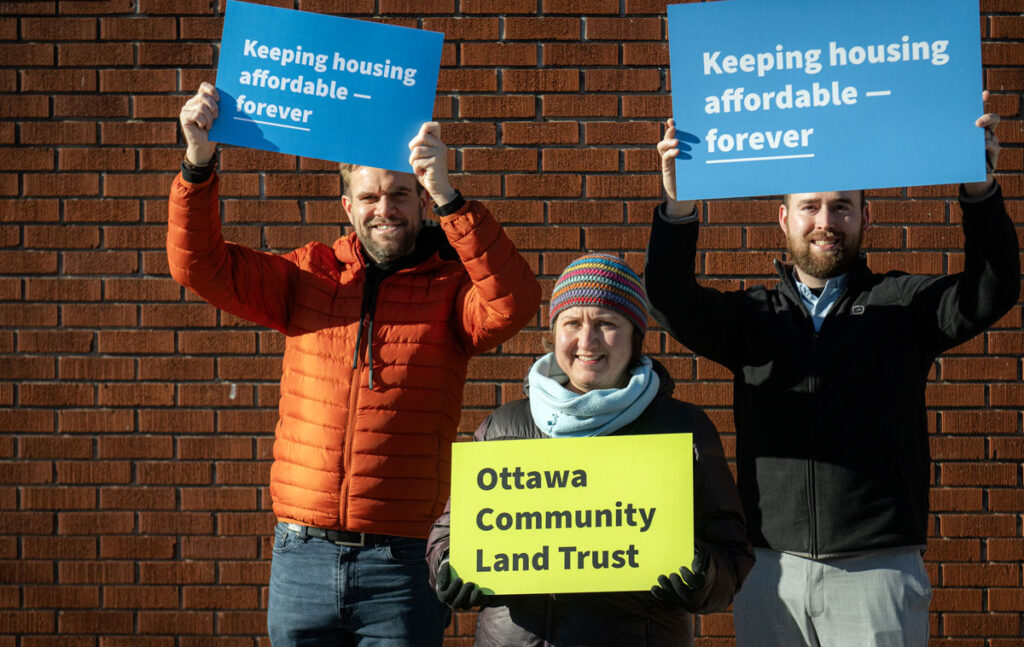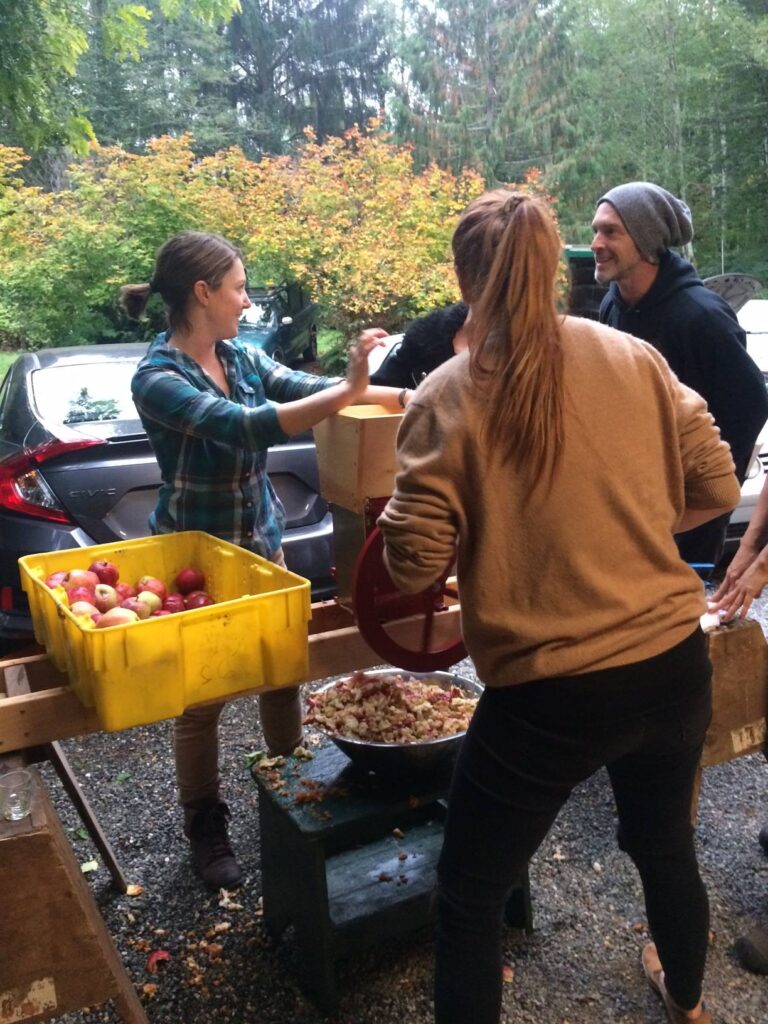June 2, 2025
Written by: Theodora Mladenova
Land Trusts: Empowering Communities and Preserving Resources
In a world where land is increasingly commodified and accessible property becomes scarce, land trusts have emerged as a transformative tool for preserving land, promoting social equity, and empowering communities. These nonprofit organizations work to acquire, manage, and protect land for public benefit, and their models have proven particularly effective in creating sustainable and resilient communities.
What Are Land Trusts?
A land trust is an organization that works to protect land from development or exploitation for purposes such as conservation, affordable housing, or economic development. Typically, these organizations acquire land through purchase, donation, or easements* and manage it in a way that aligns with community values and sustainability goals.
Land trusts can take many forms depending on their mission. Some focus on environmental conservation, others on affordable housing, and some on a combination of both. The general goal is to prevent private, commercial interests from controlling land that could otherwise benefit the community.
Key characteristics of land trusts:
- Nonprofit status: Land trusts are usually nonprofit organizations.
- Community-oriented: They typically serve the public good, focusing on issues like affordable housing, environmental preservation, or community development.
- Long-term stewardship: Land trusts often work under the assumption that the land will remain in community hands in perpetuity, thus protecting it for future generations.
Key Benefits of Land Trusts
- Affordable Housing: Land trusts can help preserve or create affordable housing by removing land from the speculative real estate market.
- Environmental Protection: By acquiring land for conservation purposes, land trusts can protect ecosystems, wildlife habitats, and biodiversity.
- Community Ownership: Land trusts provide local communities with control over land use, promoting self-determination and resilience.
- Economic Development: Community land trusts can facilitate local business development and workforce housing, supporting economic stability.
- Prevention of Displacement: Land trusts can prevent displacement of marginalized communities by ensuring land stays affordable.
Case Studies: Successful Land Trust Initiatives
Kensington Market Community Land Trust (KMCLT) – Toronto, Canada
The Kensington Market Community Land Trust in Toronto is a prominent example of how a community can preserve land and protect it from gentrification and commercialization. Kensington Market is a historic and multicultural neighborhood, known for its vibrant cultural scene and diverse population. However, in recent years, the area faced significant pressure from real estate development that threatened to displace long-standing residents and businesses.
The Kensington Market Community Land Trust was formed to create a sustainable solution to this problem. The organisation’s goal is to acquire and hold land in the area to prevent its sale to private developers. They seek to build affordable housing, small businesses, and cultural spaces that reflect the character of the community.

In 2018, the KMCLT successfully raised funds to purchase a property in the area, marking an important milestone in community land stewardship. The trust ensures that the land will remain under community control, helping to maintain the diverse and inclusive nature of Kensington Market.
Learn more about the KMCLT here.
Ottawa Community Land Trust (OCLT) – Ottawa, Canada
The Ottawa Community Land Trust is working to tackle the growing housing affordability crisis in Canada’s capital city. Ottawa, like many urban areas, is grappling with increasing property values and the displacement of low-income residents.
The OCLT was established in 2008 to acquire land and create affordable housing options for vulnerable communities. One of its key strategies involves the land lease model, where the trust owns the land, but residents lease it for an extended period, often 99 years. This makes housing more affordable by removing the cost of land from the equation.

The OCLT’s work aligns with its mission to provide perpetually affordable housing, and it has successfully partnered with other organizations to build and manage properties in the region. By ensuring that the land is never sold to private developers, OCLT is creating long-term stability for residents.
Learn more about the OCLT here.
Evergreen Land Trust Association – Washington State, USA
The Evergreen Land Trust Association is a longstanding example of a community land trust model focused on collective ownership, cooperative living, and sustainable land use. Founded in the 1970s in Washington State, this trust has helped create a network of intentional communities where residents share ownership of land and housing, prioritizing social equity, environmental stewardship, and long-term affordability.

What sets Evergreen Land Trust apart is its unique approach to housing cooperatives. Rather than individual ownership of homes or parcels, Evergreen holds title to the land, and the residents collectively manage the properties through member-run housing co-ops. This model eliminates speculative real estate pressures and fosters deep community engagement, long-term affordability, and environmental responsibility.
The Trust currently holds several properties in both rural and urban areas across the state. Each community is self-governed and contributes to the collective upkeep and decision-making process. Many of these communities engage in sustainable practices such as organic farming, renewable energy use, and permaculture, reflecting a commitment not only to social justice but also to ecological well-being.
By removing land from the speculative market and placing it under permanent community stewardship, the Evergreen Land Trust Association provides a powerful model of non-capitalist land tenure. It illustrates how grassroots, cooperative approaches can offer sustainable alternatives to traditional housing and land ownership — especially for those seeking intentional, communal ways of living outside mainstream housing systems.
Learn more about the Evergreen Land Trust here.
The Industrial Commons – North Carolina, USA
The Industrial Commons is a unique example of how a land trust can support economic revitalization in a post-industrial city. Located in Gastonia, North Carolina, the Industrial Commons focuses on restoring former textile mills and manufacturing sites for worker-owned cooperatives and community businesses.
Founded in 2012, the Industrial Commons uses a cooperative ownership model combined with land trust principles to create community-driven economic development. The organization purchases abandoned industrial buildings and redevelops them into spaces that can be used by local businesses, especially those that provide living-wage jobs and serve community needs.

One of its key successes is the development of the Gaston County Economic Development Corporation, a worker-owned cooperative focused on sustainable manufacturing. The trust also works on creating worker-owned housing for local residents, ensuring that both land and economic assets remain in community hands.
Learn more about the Industrial Commons and Land for the Commons here.
The Compact of Cape Cod Conservation Trusts – Cape Cod, Massachusetts, USA
Rather than holding land itself, The Compact of Cape Cod Conservation Trusts serves as a regional support hub for over 30 independent land trusts on Cape Cod. Founded in 1986, The Compact provides expert assistance with land transactions, conservation easements, habitat assessments, and GIS mapping.
Its unique role enables small, often volunteer-led trusts to carry out complex conservation work by giving them access to professional-level services. This shared infrastructure has contributed to the permanent protection of thousands of acres across the Cape, including vital drinking water recharge areas, coastal habitats, and open space corridors.
By coordinating conservation efforts at a regional scale while respecting local autonomy, The Compact demonstrates how technical collaboration can strengthen grassroots land protection.
Learn more about the Compact of Cape Cod Conservation Trusts here.
A Path to Collective Stewardship
As housing crises, climate change, and economic inequality deepen across the globe, land trusts offer a powerful, community-driven solution. Whether conserving wild landscapes, creating affordable housing, or revitalising local economies, these trusts enable ordinary people to reclaim agency over the land and resources that shape their lives. From Toronto to Montana, Ottawa to North Carolina, and beyond, the land trust model is proving that equity, sustainability, and local empowerment are not only compatible — they are essential partners in building a just future. As awareness and support grow, land trusts can serve as a template for responsible land stewardship worldwide, offering hope and practical strategies for those seeking to protect land, culture, and community for generations to come.
* An easement is a legal right to use someone else’s land for a specific, limited purpose. The land itself remains under the ownership of the original owner, but the person or entity holding the easement is allowed certain rights over it — for example, to cross it, build utilities, or preserve it in its natural state.
Sources:
[1] https://www.law.cornell.edu/wex/land_trust
[2] https://ltabc.ca/what-is-a-land-trust/
[3] https://www.communityland.ca/faqs/
[4] https://www.shareable.net/how-community-land-trusts-create-affordable-housing/
[5] https://unhabitat.org/community-land-trusts-affordable-access-to-land-and-housing
[6] https://www.assetsincommon.org/about-1
[7] https://kmclt.ca/
[8] https://www.oclt.ca/
[9] https://www.evergreenlandtrust.org/
[10] https://www.theindustrialcommons.org/business-development/#innovation-campus
[11] https://www.thecompact.net/